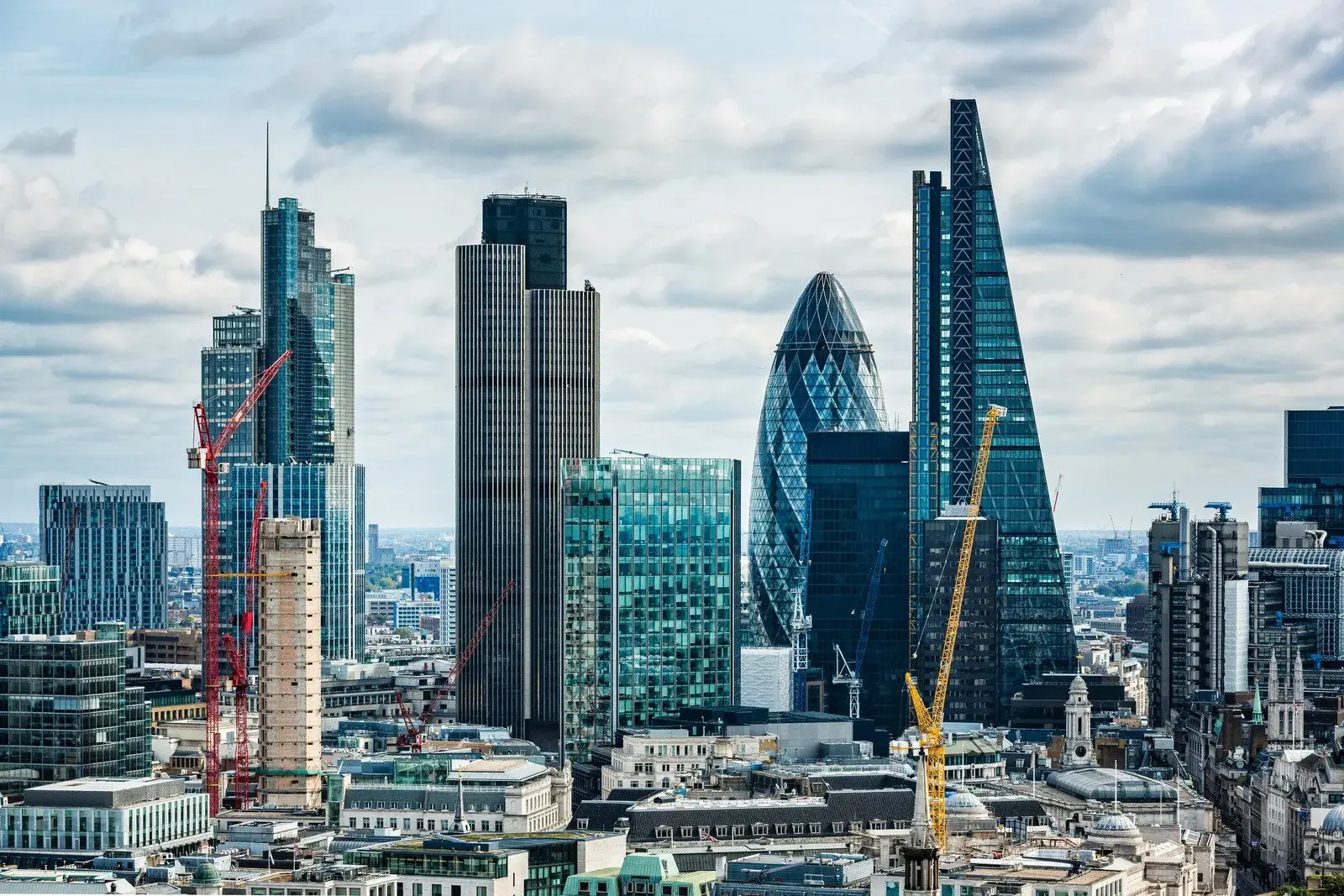Monthly Commentary – March 2025
After a strong start to 2025, February saw some of the shine come off the ‘US exceptionalism’ story. This is the belief …
Monthly Commentary – February 2025
It was a strong start to 2025 for markets, with both equities and bonds delivering broadly positive returns in January. …
Monthly Commentary – January 2025
While 2024 was another impressive year for many stock markets, a spate of profit-taking meant that December proved to be …
Monthly Commentary – November 2024
Investors’ attention has been heavily focused on the US election, the result of which was announced after the month end. …
Monthly Commentary - October 2024
Central banks took centre stage again during September, with the Federal Reserve (the Fed) kicking off the US interest r …
Monthly Commentary – September 2024
August proved a volatile month for equities, with the Japanese Topix index falling more than 12% in a single day – its l …
Monthly Commentary – August 2024
Politics on both sides of the Atlantic influenced markets during July as central banks around the world wrestled with in …
Monthly Commentary - July 2024
Equity markets in the US, Asia-Pacific and emerging markets made positive progress in June. However, Chinese equities re …
Monthly Commentary - June 2024
Mixed picture as Western equity markets rally, growth slows and European Central Bank cuts interest rates.











